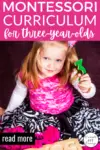I earn commissions from my affiliated links. Please see my disclosure policy for more details.
In the world of early childhood education, the Montessori method stands out as a renowned approach that fosters lifelong learning. Specifically designed for three-year-olds, the Montessori curriculum sets the foundation for a love of learning that will last a lifetime.
By creating an environment that is both stimulating and nurturing, the Montessori approach allows children to explore and discover the world at their own pace. One key aspect of the Montessori curriculum for three-year-olds is its focus on promoting independence.
Through carefully selected materials and activities, children develop self-help skills, critical thinking, and problem-solving abilities. This helps to build their confidence and autonomy, preparing them for future academic success.
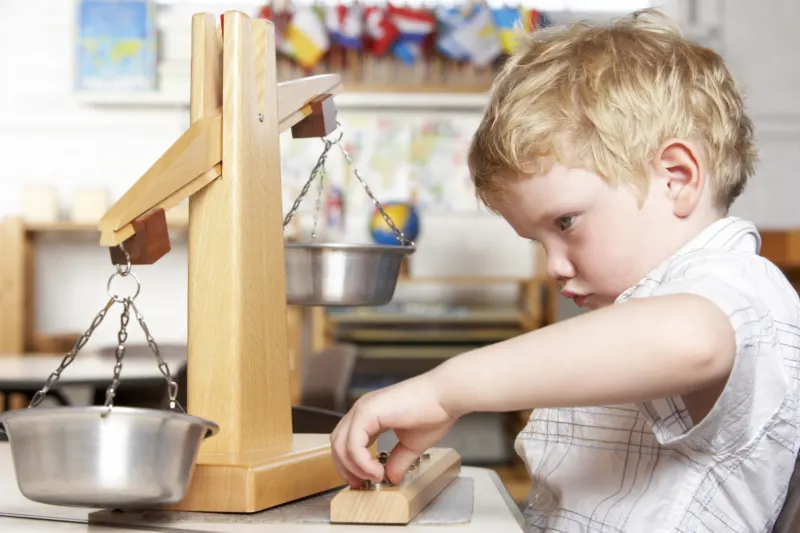
Another defining characteristic of the Montessori curriculum is the emphasis on hands-on learning. Children are actively engaged in their own education, using their senses to explore and manipulate objects. This approach promotes a deep understanding of concepts and encourages a love for learning that extends beyond the classroom.
We will delve deeper into the Montessori curriculum for three-year-olds, exploring the key components and benefits of this unique educational approach. Whether you are a parent, educator, or simply curious about early childhood education, you will find valuable insights into how the Montessori method nurtures the love for learning in young children.
Understanding the Developmental Needs of Three-Year-Olds
At the age of three, children are at a crucial stage of development. They are eager to explore and learn about the world around them. The Montessori curriculum takes into account the unique developmental needs of three-year-olds, providing them with the tools and opportunities to grow and thrive.
One of the key aspects of the Montessori curriculum for 3 year olds is its focus on promoting independence. Through carefully selected materials and activities, children are encouraged to develop self-help skills, critical thinking, and problem-solving abilities. This helps to build their confidence and autonomy, preparing them for future academic success.
Additionally, the Montessori curriculum recognizes the importance of social and emotional development at this age. Three-year-olds are beginning to develop their own sense of identity and are learning how to interact with their peers. The Montessori approach fosters a sense of community and collaboration, allowing children to learn from and support one another.
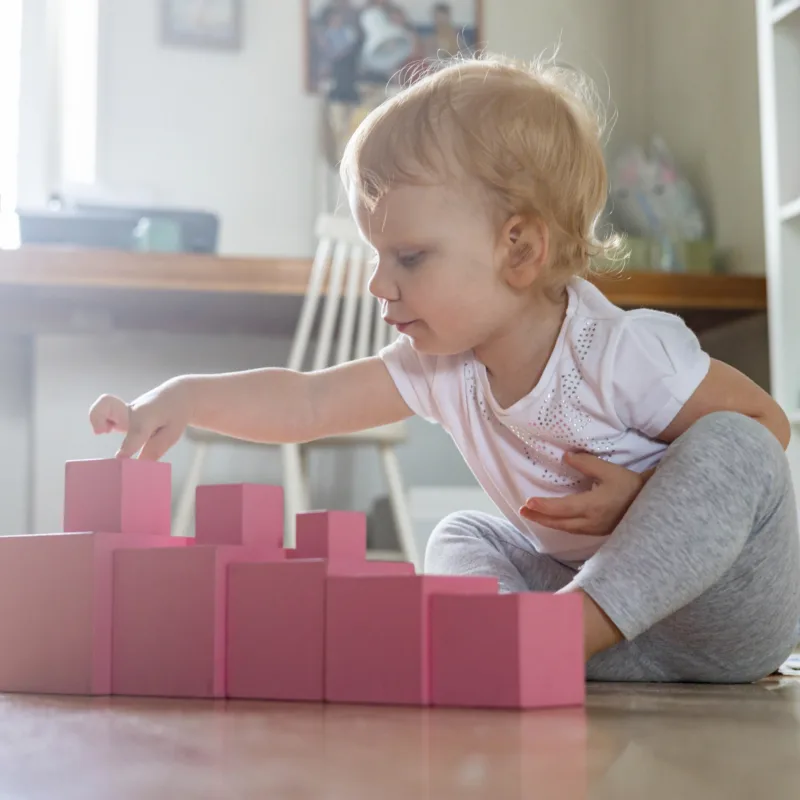
Key Principles of the Montessori Curriculum for 3 Year Olds
The Montessori curriculum for three-year-olds is built upon a set of key principles that guide the educational process. These principles are rooted in the belief that children are naturally curious and have an innate desire to learn. By harnessing this curiosity and providing a prepared environment, the Montessori approach allows children to take an active role in their education.
One of the fundamental principles of the Montessori curriculum is respect for the child. The curriculum honors each child’s individuality and unique learning style, allowing them to progress at their own pace. This approach fosters a love for learning and encourages children to become lifelong learners.
Another principle of the Montessori curriculum is the importance of hands-on learning. Children are actively engaged in their own education, using their senses to explore and manipulate objects. This approach promotes a deep understanding of concepts and encourages a love for learning that extends beyond the classroom.
Practical Life Montessori Curriculum for 3 Year Olds
Practical life activities play a vital role in the Montessori curriculum for 3 Year Olds. These activities help children develop important life skills and foster independence. Practical life activities include tasks such as pouring, spooning, buttoning, and sweeping. Through these activities, children learn to care for themselves and their environment, building self-confidence and a sense of responsibility.
In a Montessori classroom, children are provided with child-sized tools and materials that are specifically designed to meet their developmental needs. These materials are carefully selected to promote fine motor skills, concentration, and coordination. By engaging in practical life activities, children develop essential skills that prepare them for more complex tasks in the future.
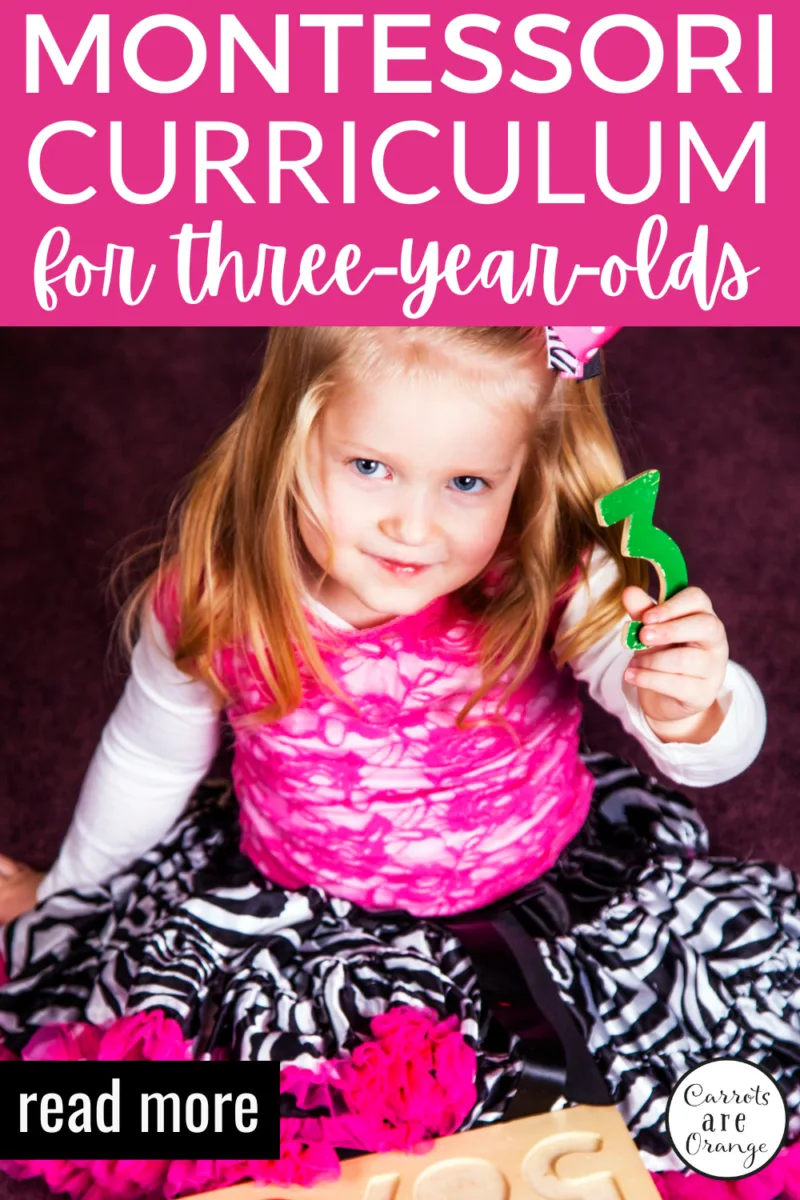
Sensorial Activities for Three-Year-Olds
Sensorial activities are an integral part of the Montessori curriculum for three-year-olds. These activities allow children to explore and refine their senses, laying the foundation for future academic success. Designed to isolate and refine specific senses, such as touch, sight, sound, taste, and smell, sensorial materials are an integral part of the classroom.
Through sensorial activities, children develop their powers of observation and discrimination. They learn to differentiate between various textures, shapes, colors, and sizes. This helps to enhance their cognitive abilities and prepares them for more abstract concepts in later years.
Language Development in the Montessori Curriculum
Language development is a key component of the Montessori curriculum for three-year-olds. Rich and diverse language experiences are important during this critical period of language acquisition. The Montessori approach recognizes that language is not only about spoken words but also encompasses reading and writing.
A Montessori classroom included a variety of language materials that stimulate their interest and curiosity. These materials include sandpaper letters, movable alphabets, and language cards. Through hands-on exploration, children develop phonemic awareness, letter recognition, and early reading skills.
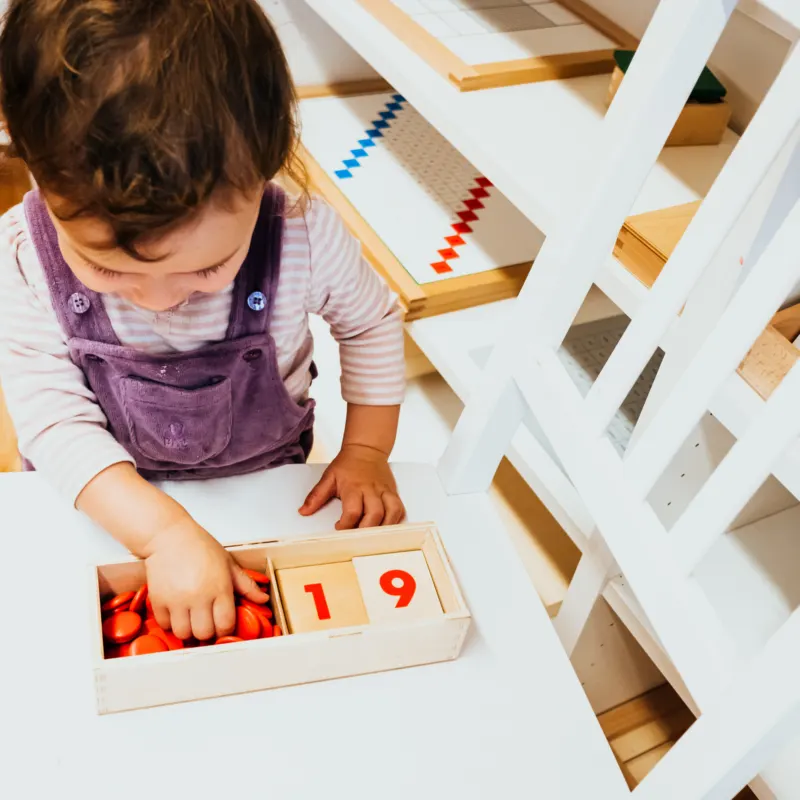
Mathematics in the Montessori Curriculum
Mathematics is another important area of focus in the Montessori curriculum for three-year-olds. Montessori materials and activities provide concrete and tangible experiences that help children develop a solid foundation in mathematics. The curriculum introduces concepts such as numeration, counting, sorting, and basic operations.
Montessori mathematics materials are self-correcting, which allows children to learn from their mistakes and develop problem-solving skills. The use of manipulatives, such as number rods, spindle boxes, and golden beads, helps children develop a deep understanding of mathematical concepts.
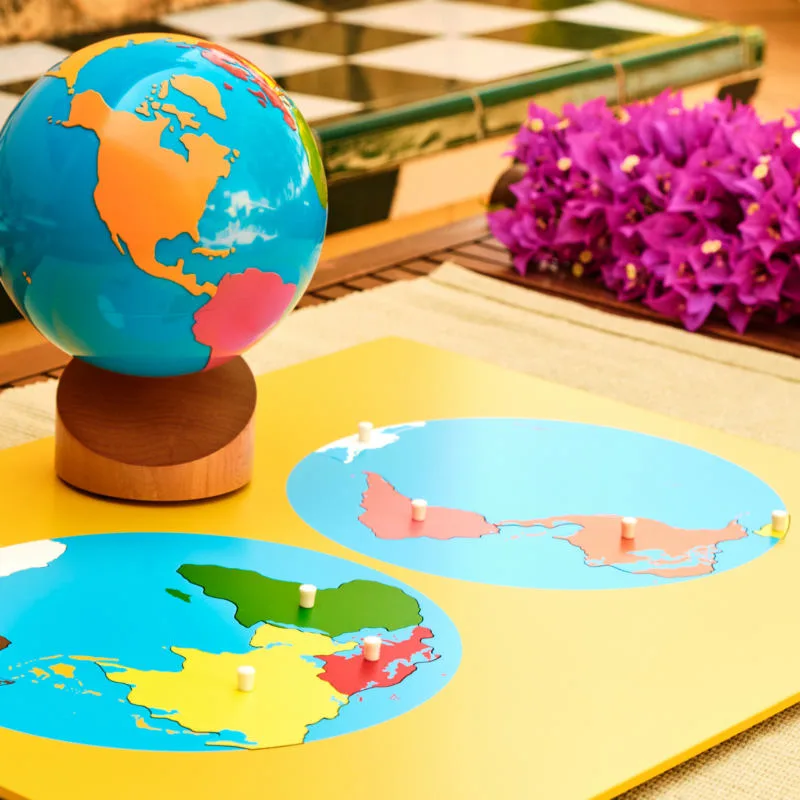
Geography in the Montessori Curriculum
The Montessori curriculum for three-year-olds goes beyond the traditional academic subjects and includes a focus on geography and cultural subjects. These subjects include geography, history, science, and the arts. By introducing children to different cultures and the natural world, the Montessori approach fosters a sense of curiosity and appreciation for the world around them.
In a Montessori classroom, children have the opportunity to explore maps, learn about different countries and cultures, and engage in hands-on science experiments. This interdisciplinary approach allows children to make connections between various subjects and develop a holistic understanding of the world.
Creating a Montessori Environment at Home
By incorporating key elements of the Montessori philosophy into the home environment, parents can support their child’s learning and development.
Some practical tips for creating a Montessori environment at home include providing child-sized furniture and tools, organizing materials in a neat and accessible manner, and encouraging independence and self-help skills.
Additionally, incorporating hands-on activities, such as sensory bins and practical life tasks, can further enhance the learning experience at home.
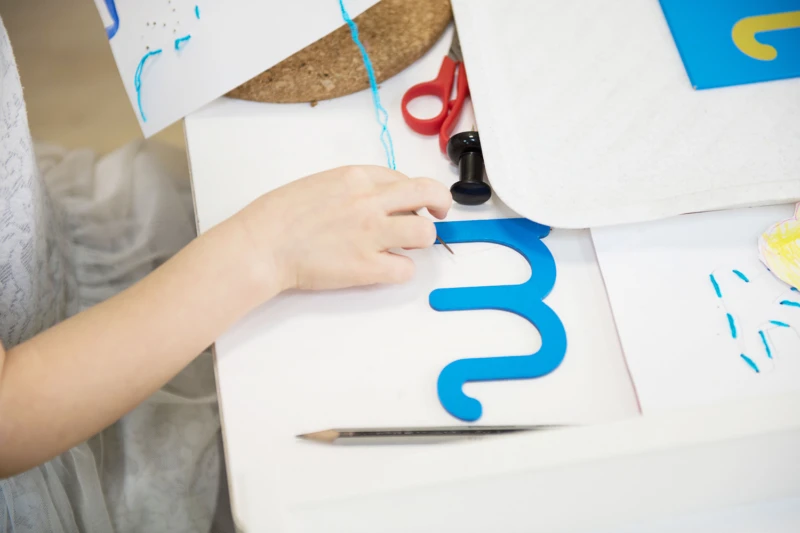
The Lifelong Benefits of a Montessori Education
The Montessori curriculum for three-year-olds provides a solid foundation for lifelong learning. By focusing on promoting independence, hands-on learning, and a love for learning, the Montessori approach nurtures the intellectual, social, and emotional development of young children.
Through practical life activities, sensorial experiences, language development, mathematics, and cultural subjects, three-year-olds are provided with a well-rounded education that prepares them for future academic success. Whether in a Montessori school or a Montessori-inspired home environment, children benefit from the emphasis on individualized learning and a holistic approach to education.
In conclusion, the Montessori curriculum for three-year-olds unlocks the potential of young children, setting them on a path of lifelong learning and personal growth. By embracing the principles and practices of the Montessori approach, parents and educators can create an environment that fosters independence, curiosity, and a love for learning that will last a lifetime.

